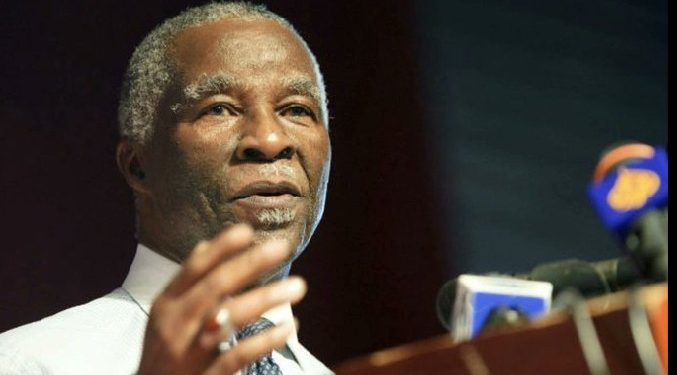South Africa’s political landscape underwent a seismic shift with the transition from Thabo Mbeki to Jacob Zuma, illustrating the complexities of balancing technocratic governance with populist appeal. The contrast between the two leaders highlights pivotal lessons about leadership and its impact on a nation’s trajectory.
Thabo Mbeki: The Scholarly Technocrat
Thabo Mbeki’s presidency (1999–2008) was characterized by intellectual rigor and a strong emphasis on policy-driven governance. An economist by training, Mbeki implemented frameworks like the Growth, Employment, and Redistribution (GEAR) strategy, which sought to stabilize the post-apartheid economy and attract foreign investment. His leadership garnered international respect for its focus on evidence-based decision-making and strategic planning.
However, Mbeki’s presidency was not without controversy. His denialist stance on HIV/AIDS, which questioned the link between the virus and the disease, had devastating public health consequences. Furthermore, Mbeki’s perceived aloofness and inability to engage meaningfully with grassroots concerns led to growing discontent within the African National Congress (ANC). Critics accused him of being out of touch with ordinary citizens, a perception that ultimately weakened his political base.
Jacob Zuma: The Populist Operator
In stark contrast, Jacob Zuma’s rise to power in 2009 represented a pivot toward populism. A liberation struggle veteran with deep ties to grassroots movements, Zuma cultivated an image as a “man of the people.” His narrative resonated with marginalized communities, many of whom felt excluded during Mbeki’s tenure.
Despite his charm, Zuma’s presidency was marked by significant governance failures. Allegations of corruption, state capture, and administrative mismanagement plagued his tenure, eroding public trust in state institutions. Zuma’s lack of formal education and governance expertise often translated into a chaotic administration, undermining the gains made under Mbeki’s technocratic approach.
The Broader Implications
The leadership transition from Mbeki to Zuma reflects broader challenges within South Africa’s political and social fabric. Mbeki’s intellectualism and policy focus brought stability but alienated key constituencies, creating space for a populist backlash. Zuma capitalized on this discontent but ultimately failed to deliver effective governance, leaving a legacy of institutional decay and economic stagnation.
This dichotomy underscores the need for leadership that balances technical competence with the ability to connect with the electorate. While Mbeki excelled in the former, Zuma’s strength lay in the latter—yet neither fully embodied both qualities.
Lessons for South Africa
As South Africa continues to navigate its democratic journey, the contrasting legacies of Mbeki and Zuma serve as a cautionary tale. Effective leadership requires not only vision and expertise but also an ability to inspire and address the concerns of ordinary citizens. Future leaders must learn from these experiences to build a governance model that bridges the gap between technocracy and populism, ensuring stability and inclusivity in tackling the nation’s pressing challenges.






















